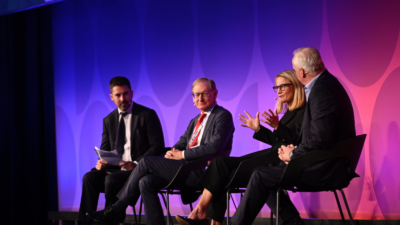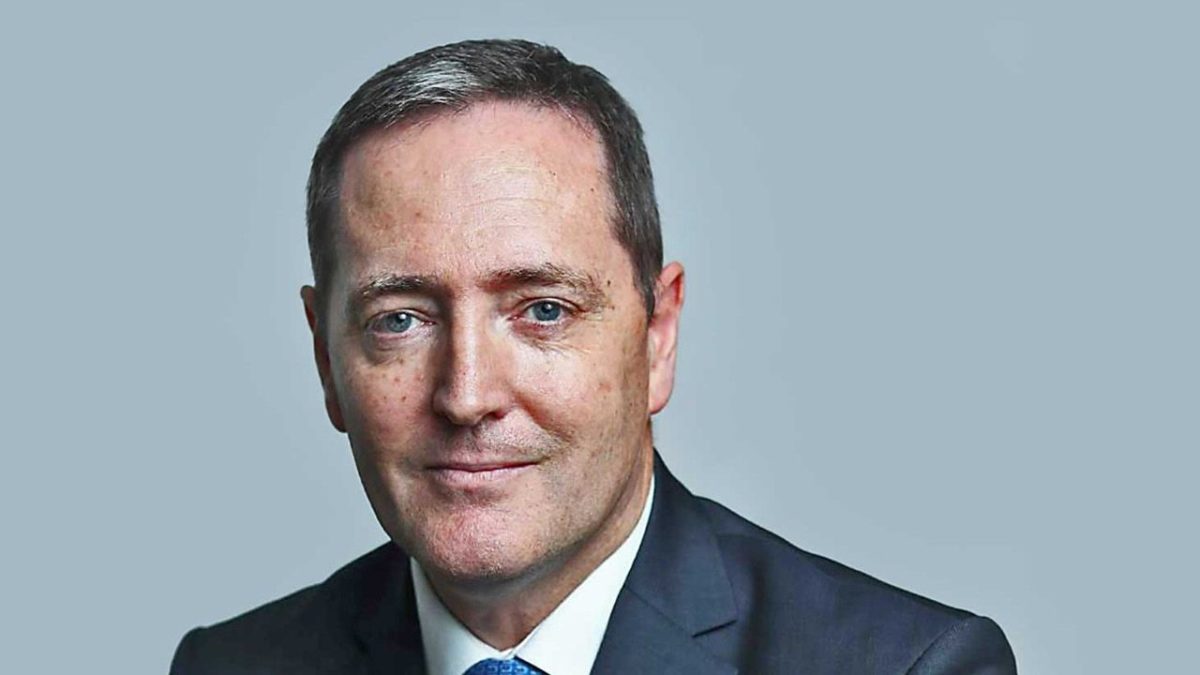Scale is a double-edged sword but fund managers with the right model can make it work. And while other super funds are internalising as fast as they can, Aware Super will never completely abandon outsourced management.
Martin Fahy has stepped down as CEO of the Association of Superannuation Funds of Australia (ASFA) after seven years at the helm where he played a “pivotal role” in addressing the policy and regulatory changes of the period.
AustralianSuper CIO Mark Delaney believes the fund is harder on internal teams than external managers, but says that its unlisted property experience has been “the worst of all worlds”.
Jefferson & Shea Analytics will bring a new fee benchmarking service to Australia to get super funds a better deal from their external managers. The good managers will like it – the bad ones won’t.
Having poached a number of high-profile portfolio managers, and with backing from family offices and high net worth investors, new boutique Blackwattle is trying to correct the “inadequacies” of the Australian funds management industry.
A number of industry funds have invested in Nuveen’s US Cities Workplace Strategy as they diversify away from traditional real estate and harness thematics related to changing work and life patterns.
The Your Future, Your Super performance test will have a tough time weeding out underperforming trustee-directed products when they’re already closed, according to Chant West, while many of those housed on platforms could fail because of their unique fee structures.
A new fund headed up by several entertainment and finance veterans will back film and television productions in Australia, taking advantage of “huge changes” in the industry that have made streaming content king.
Active management might be back in a big way but asset managers need to make sure they’re getting what they pay for: skill, not luck. Figuring out manager style and factor biases is key.
Institutional investors have come crawling back to equities, according to bfinance, while high growth managers have led the rebound in an “abrupt style reversal”. But hopes for a meaningful market rebound could be misplaced.















